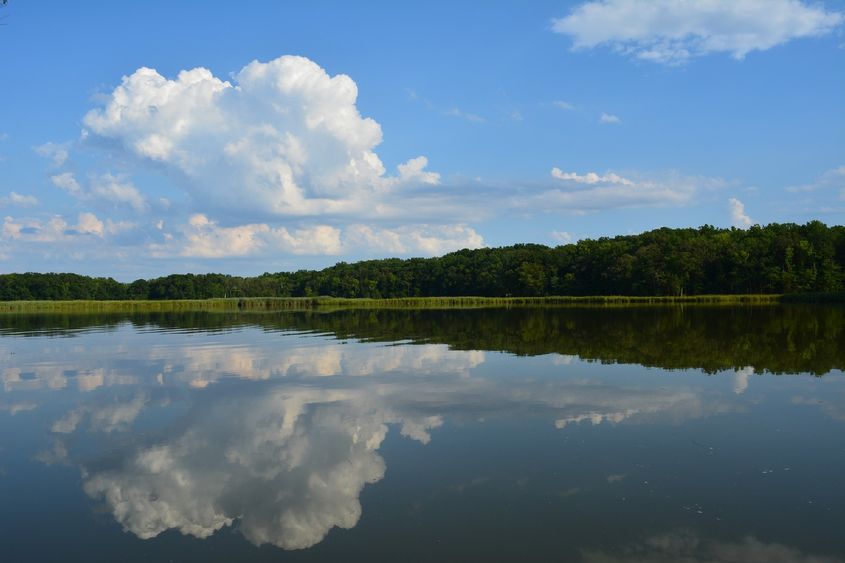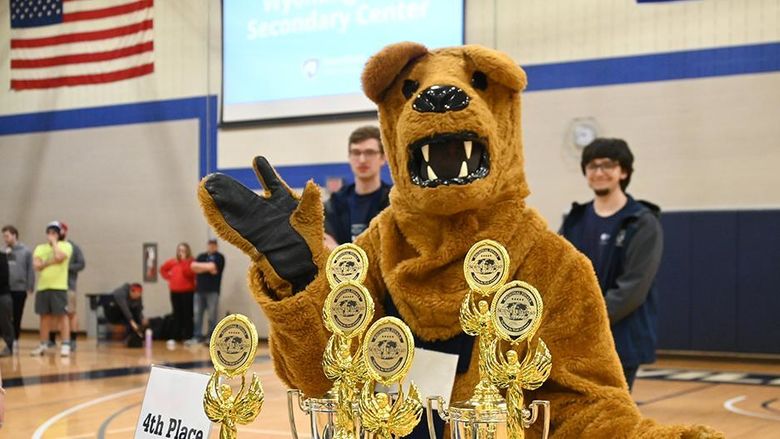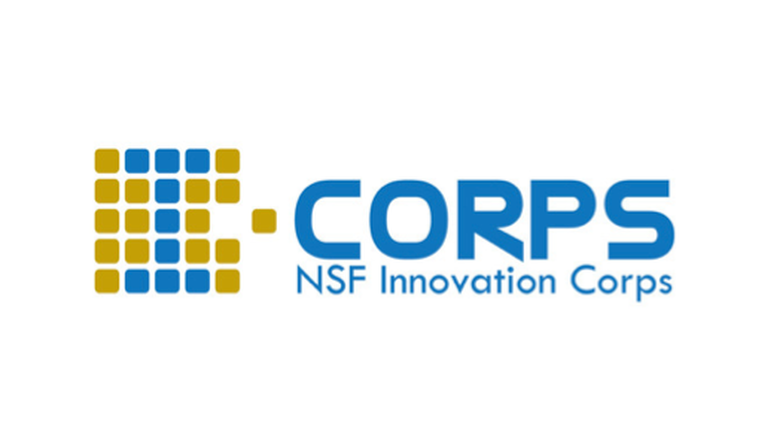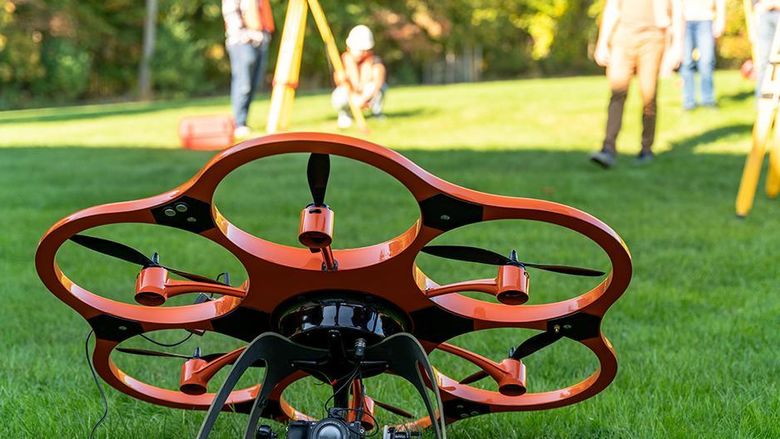
Researchers whose work addresses natural and cultural resource management topics can learn about partnering opportunities with federal agencies at the Cooperative Ecosystem Studies Units (CESU) Program Workshop. The workshop will take place on March 30, 2021.
UNIVERSITY PARK, Pa. — Researchers whose work addresses natural and cultural resource management topics can learn about partnering opportunities with federal agencies at the Cooperative Ecosystem Studies Units (CESU) Program Workshop. The workshop will take place from 2:30 to 4 p.m. on Tuesday, March 30, via Zoom.
The workshop will include an overview of the program, presentations from faculty who have received support through CESU and breakout sessions to discuss additional opportunities for partnering with federal agencies. Registration for this free event is required.
“Penn State is a coordinating partner with CESU and is one of several institutions that has faculty-sponsored researched funded through the program,” said Erica Smithwick, distinguished professor of geography in the College of Earth and Mineral Sciences. “CESU coordinates research funding from federal agencies such as the National Park Service. So, if a faculty member has research based in a national park, there might be funding available. We want to make sure our faculty are aware of these opportunities for conducting stakeholder-driven, transdisciplinary science.”
The CESU Program connects faculty experts and graduate researchers with government agencies to solve multidisciplinary resource management issues. The program works across 17 geographic regions that cover all 50 states and Puerto Rico. Penn State is part of the Chesapeake Watershed network, but researchers can work on projects in any region. Participating federal agencies include the USDA Agricultural Research Service, the Farm Service Agency, the U.S. Forest Service, NASA, the National Oceanic and Atmospheric Administration, the Department of Defense and the U.S. Geological Survey, among others.
Benefits for faculty participating in the program include close professional collaboration with federal agencies; increased opportunities for interdisciplinary, multi-agency projects; and lower overhead costs. The program also advertises opportunities for funding of particular projects as a way of pairing faculty expertise with the needs of federal agencies and other state and local partners. Graduate students benefit from more interdisciplinary research and fieldwork experiences and employment opportunities.
Since 2001, the program has provided more than $5 million in funding for Penn State researchers. Recent projects supported through the program include research into adaptive management plans for endangered species, the development of automated tools and databases for genetic data reduction and analysis, and natural and natural-based coastal storm defenses.
Derrick Taff, assistant professor of recreation, park and tourism management, has worked on CESU research projects for more than a decade, both as a graduate student and as a principal investigator.
“Along with my colleagues here at Penn State and at partnering institutions, I have worked on CESU research agreements informing visitor-use management in protected areas such as Rocky Mountain, Grand Teton, Denali and Grand Canyon National Parks,” said Taff. “These efforts have not only helped advance the state of science, but they have informed sustainable management of these parks, provided graduate student research opportunities and increased federal agency workforce capacities, as many of these graduate students have gone on to work for the agencies that facilitated these agreements.”
According to Lara Fowler, assistant director with the Institutes of Energy and the Environment, senior lecturer, Penn State Law, and a point person for the CESU Program, participants can expect to learn more about this program in general, as well as how to develop potential partnerships with federal agencies.
The Center for Landscape Dynamics at Penn State and the Institutes of Energy and the Environment are sponsoring the 2021 CESU Workshop.
For more information, contact Erica Smithwick at [email protected] or Lara Fowler at [email protected].




